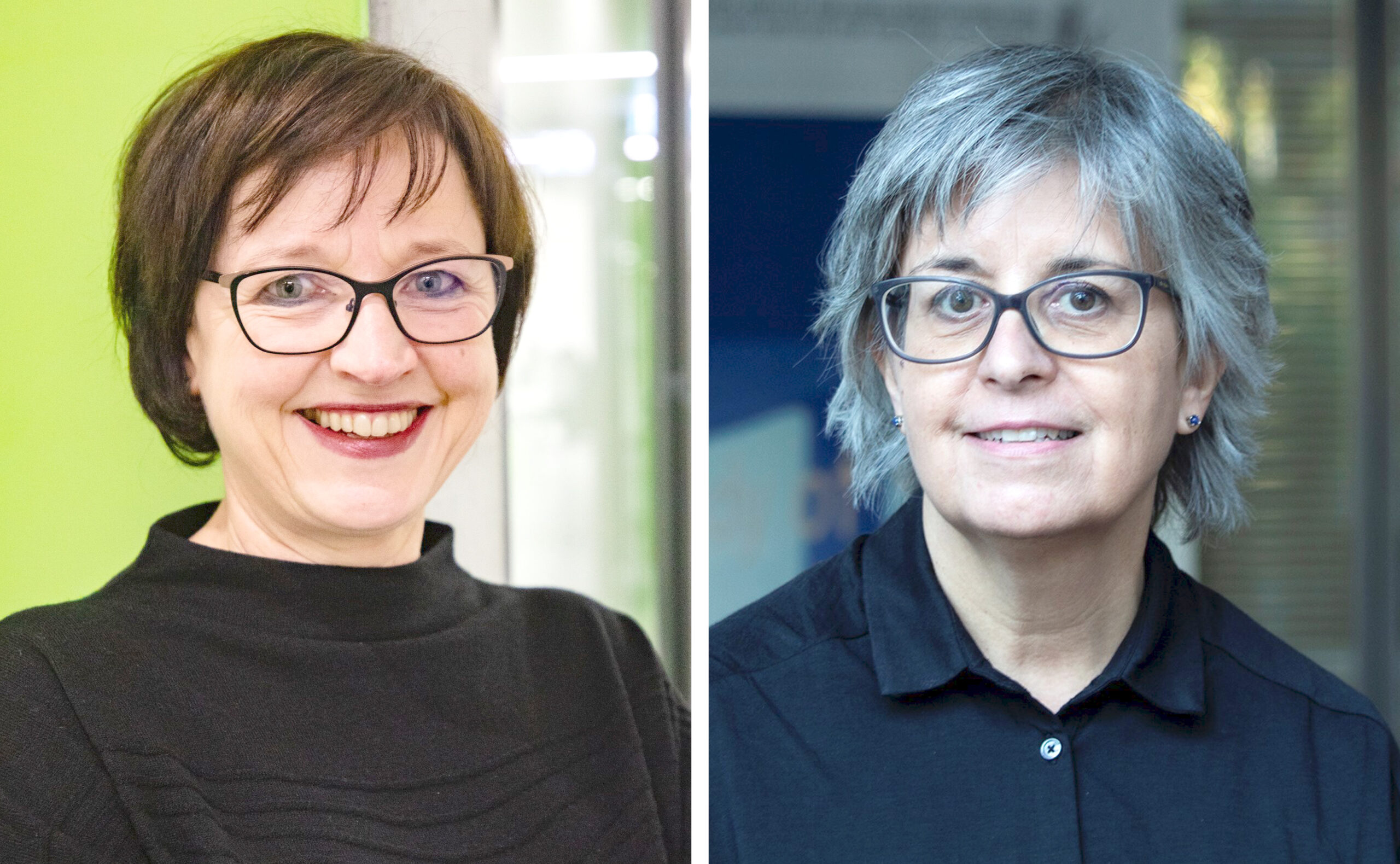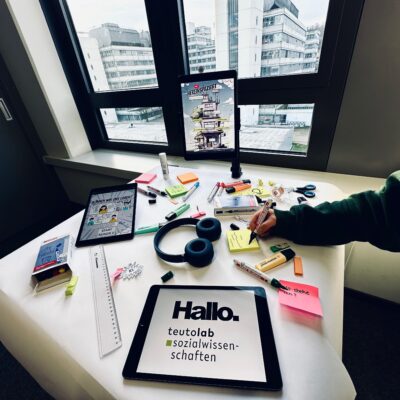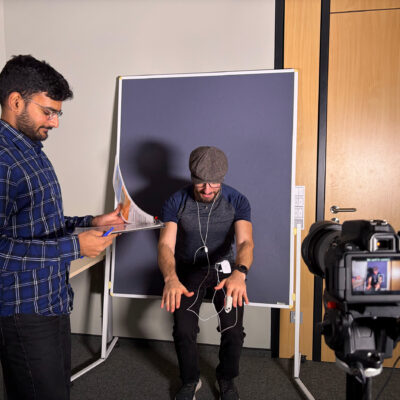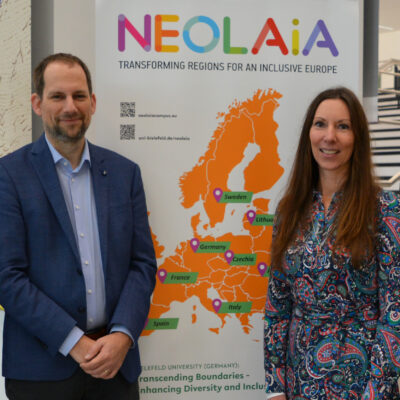To date, most research on migrant workers, expatriates, or cross-border commuters has focused only on how their immigration or emigration impacts on the respective national labour markets. A joint Research Training Group run by the universities of Bielefeld and Duisburg-Essen is going beyond this: it is investigating cross-border labour markets as an independent phenomenon. Today (8.11.2023), the German Research Foundation (DFG) announced that it will be establishing a new Research Training Group for the qualification of early career researchers in April 2024. It will receive 6.7 million euros in funding for a period of five years.
Dr Ursula Mense-Petermann from Bielefeld University, professor of economic sociology and the sociology of work, will be the RTG’s spokesperson. Her deputy will be Professor Karen Shire PhD from the University of Duisburg-Essen, whose work focuses on comparative labour market and Asian research.
Up to now, a national perspective has dominated research on cross-border labour markets
From seafarers and care givers to programmers and meat cutters, many members of these professions work abroad without ever disengaging from their home country. Their jobs are integrated into transnational labour markets. These workers move between their home and working countries at more or less frequent intervals or work from home for a company abroad.
‘In research, cross-border work is investigated primarily as immigration into a national labour market or emigration from a national labour market,’ says Ursula Mense-Petermann, the RTG’s future spokesperson. ‘That doesn’t go far enough. Cross-border labour markets are embedded in their own network of transnational organizations, infrastructures, and institutions.’

©
‘We are driven by the big question of how a social order of labour markets is even possible on a transnational scale,’ says Karen Shire, the RTG’s deputy spokesperson. In future, the RTG will explore which actors and institutions create this order and, in turn, impact on cross-border workers.
Eleven professors are working together in the Research Training Group. Researchers from the universities of Bielefeld and Duisburg-Essen are also being joined by a researcher from Osnabrück University. Their joint research programme will examine how economic activity on labour markets is embedded in social networks, institutions, or political structures. ‘Our approach is based on an innovative interdisciplinary collaboration between sociological and economic labour market and migration research supplemented by globalization and transnationalization theory,’ says Mense-Petermann.
In the first funding phase, the Research Training Group is recruiting 22 doctoral students and one postdoctoral researcher. Their research projects will analyse cross-border labour markets from different perspectives. This could address, for example, the geographical scope of labour markets ranging from commuter migration in border regions to global labour markets as in the case of football players. Another aspect is the different skill levels of the labour force—be it unskilled workers in agriculture, meat processing, and logistics; or highly qualified specialists such as engineers and medical doctors. Research will also address, for example, the fact that cross-border labour markets are gender-specific and influenced by ethnicity.
In future, Bielefeld University will have six DFG Research Training Groups
The new Research Training Group is entitled ‘Cross-border Labour Markets: Transnational Market Makers, Infrastructures, Institutions’ (GRK 2951). Research Training Groups are university institutions that support researchers in the early stages of their careers and are funded by the DFG for a maximum of nine years. The approval of the new Research Training Group means that Bielefeld University will soon have six DFG Research Training Groups.




